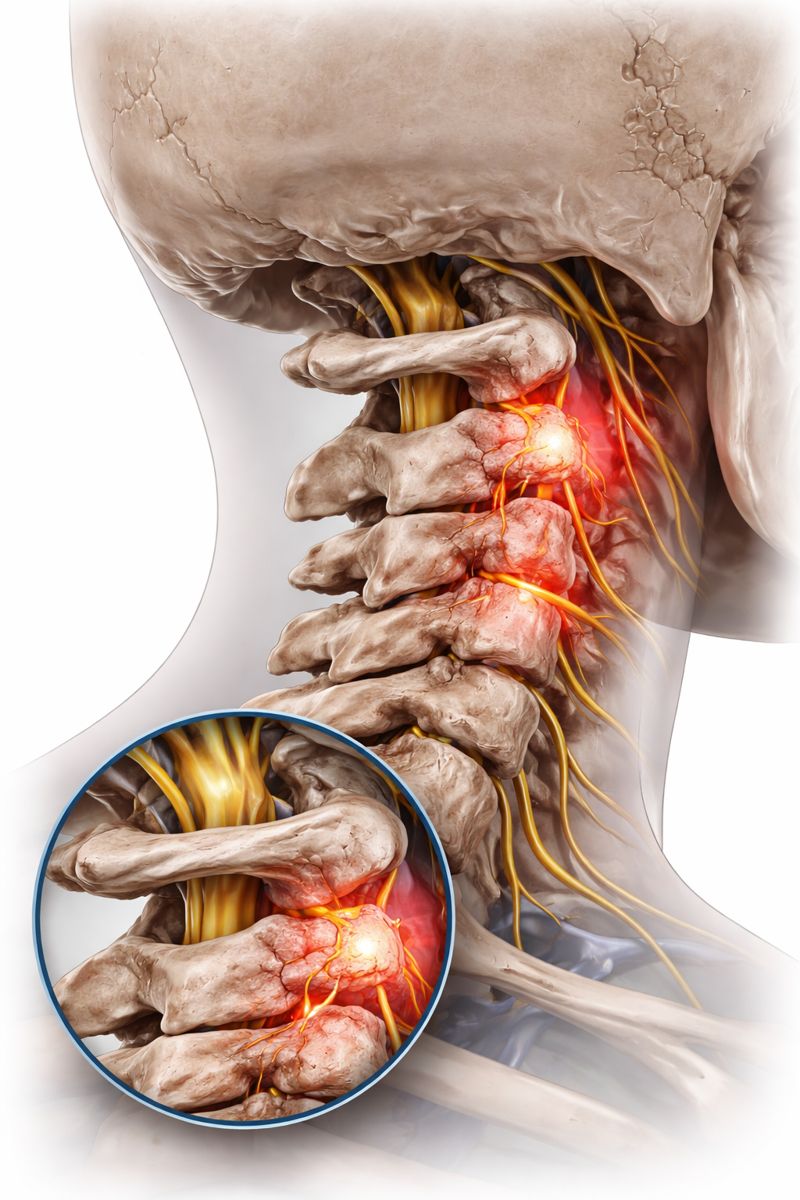
Digestive Disorders: Modern Challenges and Emerging Perspectives
Most of us go about our days without giving a second thought to digestion—until something goes wrong. Yet for millions of Americans, digestive disorders are a persistent, sometimes invisible burden that can disrupt work, sleep, social life, and overall wellbeing.
The spectrum of digestive disorders is broad, running from the relatively common (acid reflux, constipation, irritable bowel syndrome) to more complex and chronic conditions like Crohn’s disease. Even something as seemingly benign as heartburn can, if frequent, wear down quality of life. Meanwhile, symptoms like cramping, bloating, diarrhea, or gastrointestinal bleeding can signal more serious concerns. Left unaddressed, persistent digestive dysfunction may chip away at general health, and in rare cases, become life-threatening.
Why Digestive Disorders Happen
The digestive tract is a marvel of biology, but it’s also surprisingly sensitive. Stress, diet, infections, genetics, immune dysfunction, and disruptions in the gut-brain axis can all play a role. Increasingly, research points to the nervous system—especially the communication superhighway between the brain, brain stem, and gut—as a key player in both the development and persistence of digestive symptoms.
The vagus nerve, for example, acts as a critical relay between the brain stem and the gastrointestinal (GI) tract, regulating everything from stomach acid production to intestinal motility. If this neural circuitry falls out of sync—due to injury, chronic stress, or even subtle spinal misalignments—some patients may experience a cascade of digestive issues. These connections are the focus of growing scientific attention, with the so-called "gut-brain axis" now a buzzword in both research and clinical circles.
Current Approaches to Treatment
For many, the first response to digestive discomfort is a trip to the pharmacy—antacids, laxatives, or anti-diarrheals are common over-the-counter fixes. If symptoms persist, physicians may prescribe medications ranging from proton pump inhibitors to biologics or steroids, depending on the diagnosis. In severe or refractory cases, surgery may be considered.
Yet, these interventions are not without risk. Side effects can include further digestive upset, immune suppression, or, in the case of surgery, significant recovery time and lifestyle changes. It’s no surprise that many patients seek complementary or integrative approaches to manage their symptoms and support their overall health.
The Nervous System–Digestive System Connection
A fascinating area of ongoing research explores how spinal alignment, particularly in the upper cervical region (the top of the neck), might influence digestive health. The theory goes like this: misalignments in the upper cervical spine can impact brain stem function, which in turn may disrupt the signals sent via the vagus nerve to the gut. While this idea is still under investigation, some patients and clinicians report meaningful improvements in digestive symptoms following gentle, targeted chiropractic adjustments.
It's important to note that chiropractic care, including upper cervical techniques, is not a cure-all. Scientific evidence is still evolving, and results can vary. That said, for individuals who haven’t found relief through conventional means, exploring the nervous system’s role in gut health is increasingly recognized as a reasonable adjunct—not a replacement—for medical management.
A Patient-Centered Perspective
Dr. Jerome Ri, DC, of Upper Cervical Health Care of Orange County, is one practitioner who specializes in this integrative approach. Drawing on years of focused training in the brain stem and upper cervical spine, Dr. Ri works with patients experiencing a range of chronic conditions, including digestive disorders. While his clinic does not directly “treat” digestive diseases, the aim is to reduce nerve irritation and optimize nervous system function—sometimes leading to surprising improvements in gut health and overall wellbeing.
For those living with persistent digestive challenges, the journey can be frustrating and isolating. Finding a clinician who listens, considers the whole person, and collaborates with other providers can make all the difference. Many health insurance plans now recognize certain forms of chiropractic care as part of a broader strategy for managing chronic conditions.
If you’re considering a new approach to digestive health, it’s wise to consult your primary care provider and ensure all options are on the table. And remember: no single therapy fits everyone. The path to relief is often winding, and sometimes, it requires a bit of experimentation and an open mind.
References & Further Reading
Ader, R., Cohen, N., Felten, D. "Psychoneuroimmunology:
Interactions Between The Nervous System and The Immune System."
Lancet 345:99-103, 1996.
Black, P. "Immune System–Central Nervous System Interactions."
Antimicrobial Agents and Chemotherapy 38:7-12, 1994.
Eriksen, K. Upper Cervical Subluxation Complex – A Review of the
Chiropractic and Medical Literature. Lippincott, Williams &
Wilkins, 2004.
Heitkemper M, Burr RL, Jarrett M. "Evidence for autonomic nervous
system imbalances in women with irritable bowel syndrome." Dig Sci
1998.
National Institutes of Health. "Irritable Bowel Syndrome." NIH IBS
Fact Sheet
Mayer EA, et al. "Gut/brain axis and the microbiota." J Clin
Invest. 2015.
For appointments or more information, you can reach Dr. Jerome Ri, DC at (714) 848-8122, or use the clinic’s online contact form.
Digestive disorders can be relentless, but new research and
integrative care models are helping more people reclaim their
health—sometimes in ways that defy simple explanation. The journey
is rarely linear, but with the right support, many find their way
back to a life less dominated by digestive distress.




Leave a comment